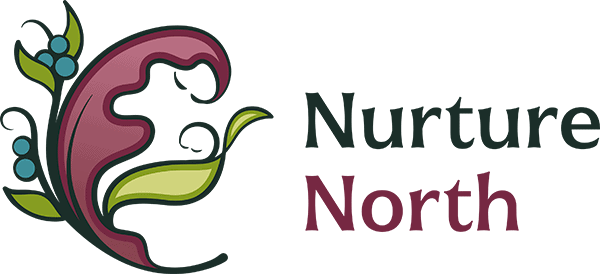(November 2016 – Present)
A web-based curriculum in the social determinants of Indigenous women’s reproductive health was developed in partnership with 11 Indigenous women’s organizations from across Canada. Each organization chose an individual to represent them, whom attended numerous meetings with the research team to develop the content of the curriculum and include appropriate educational resources. Five training modules were created with a focus on: self-reflection, trauma-informed practice, building relationships, communication, and traditional ways of knowing. The purpose of the curriculum is to improve cultural sensitivity and awareness among healthcare and allied health care practitioners who care for Indigenous women in Canada. A pilot study was conducted with medical residents, healthcare providers, and others interested in taking the program in order to evaluate and improve the curriculum.
The curriculum was created in response to a nationwide survey for residents and program directors of all OB/GYN residency programs in Canada which demonstrated a significant knowledge deficit among residents in Indigenous women’s health. It also reflects the educational shifts that were highlighted as needed in the Truth and Reconciliation Commission of Canada Calls to Action No. 22 and No. 24 and the Final Report of the national inquiry into Missing and Murdered Indigenous Women and Girls.
Research Team/Partners:
- Naana Jumah (NOSM)
- Lisa Richardson (University of Toronto)
- Marie-Michelle Spadoni (Lakehead University)
- Yolanda Wanakamik (Lakehead University)
- Tina Armstrong (Wilfrid Laurier University)
- Lisa Bishop (Indigenous Registered Midwife)
- Jasmine Cotnam (Women’s College Hospital)
- Erin Cameron (NOSM)
- Roxanne Turuba (Lakehead University)
- Erica Potestio (Thunder Bay Regional Health Sciences Centre)
Partnership:
The research team partnered with Indigenous women’s organizations from across the country, including the Centre for Addiction and Mental Health, Ka Ni Kanichihk, Kenhtè:ke Midwives, Native Women’s Association of Canada, Newfoundland Aboriginal Women’s Network, Pauktuutit Inuit Women of Canada, and Rona Sterling Consulting.
Academic partners include the Northern Ontario School of Medicine, University of Toronto, Lakehead University, and the Thunder Bay Regional Health Research Institute
Funding:
The Northern Ontario Academic Medicine Association (2015 – ongoing), the Physician’s Services Incorporated Foundation (2014 – ongoing) and the Canadian Institutes of Health Research Embedded Clinician Research Salary Award (2017 – ongoing)
